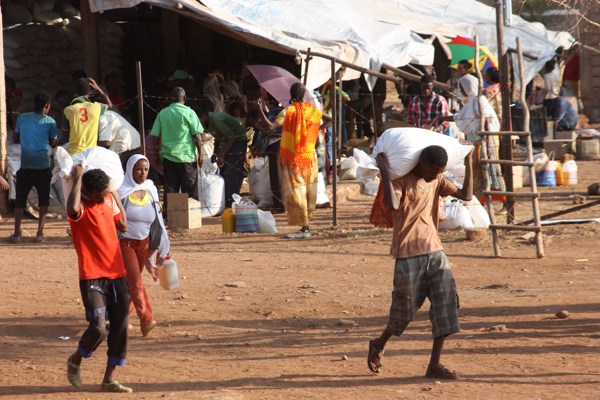Throughout history, one way the world has learned about severe political and humanitarian crises in remote locations is from unexpectedly large flows of refugees. When massive numbers of people decide to take enormous risks to escape the country of their birth, leaving their possessions and their loved ones behind, it is a sign of crisis—and often a portent of worse things to come.
That’s why the recent tragedies in the Mediterranean Sea, where thousands of would-be refugees have drowned seeking to reach Europe’s shores, are calling urgent attention to a seldom-mentioned crisis: the quiet catastrophe in Eritrea.
The most shocking moment came on April 18, when a boat cramped with 1,000 desperate people left the lawless coast of Libya. About 900 of them drowned when the ship capsized. It was no surprise that many of those on board came from Syria, where a civil war provides more than enough reason to flee. But a large number of the dead came from Eritrea, a small country in East Africa that is neither at war nor suffering from a natural disaster.

